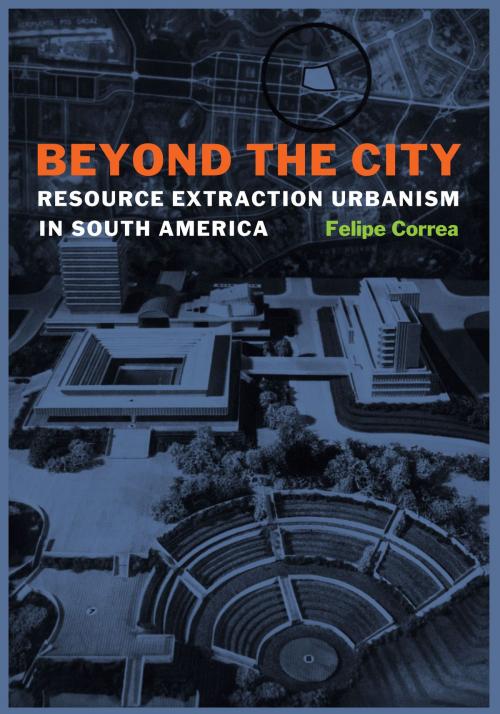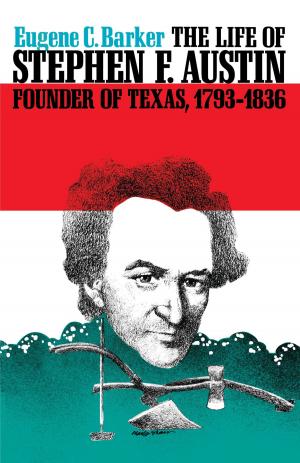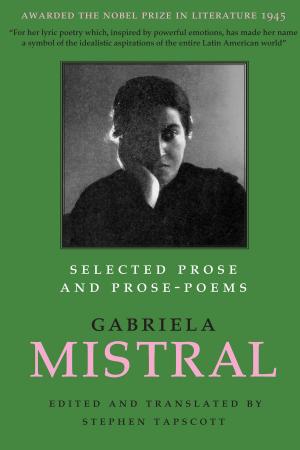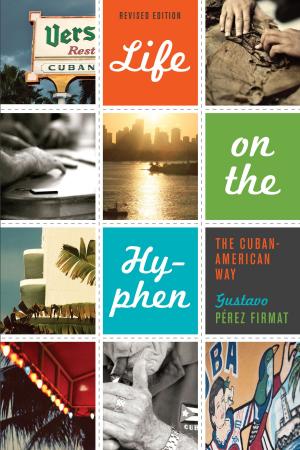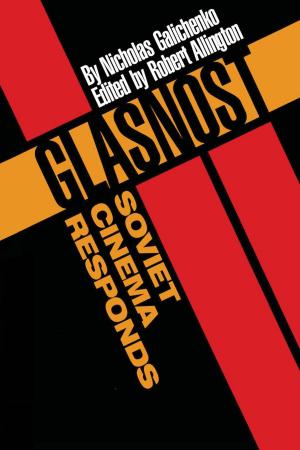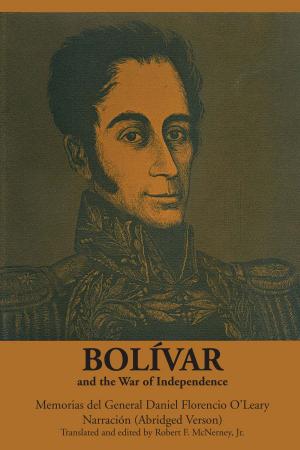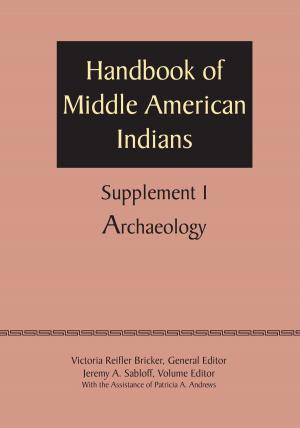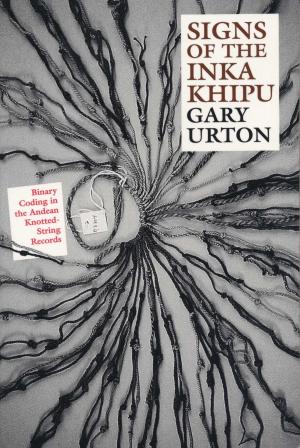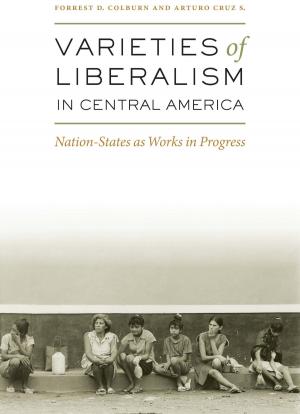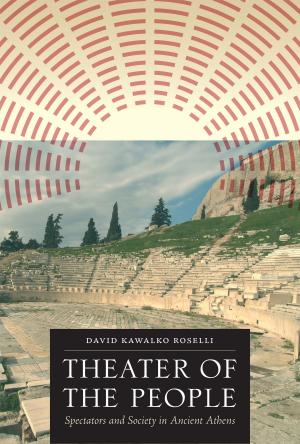Beyond the City
Resource Extraction Urbanism in South America
Nonfiction, Art & Architecture, Architecture, Planning, History, Americas, South America| Author: | Felipe Correa | ISBN: | 9781477310250 |
| Publisher: | University of Texas Press | Publication: | June 7, 2016 |
| Imprint: | University of Texas Press | Language: | English |
| Author: | Felipe Correa |
| ISBN: | 9781477310250 |
| Publisher: | University of Texas Press |
| Publication: | June 7, 2016 |
| Imprint: | University of Texas Press |
| Language: | English |
During the last decade, the South American continent has seen a strong push for transnational integration, initiated by the former Brazilian president Fernando Henrique Cardoso, who (with the endorsement of eleven other nations) spearheaded the Initiative for the Integration of Regional Infrastructure in South America (IIRSA), a comprehensive energy, transport, and communications network. The most aggressive transcontinental integration project ever planned for South America, the initiative systematically deploys ten east-west infrastructural corridors, enhancing economic development but raising important questions about the polarizing effect of pitting regional needs against the colossal processes of resource extraction. Providing much-needed historical contextualization to IIRSA's agenda, Beyond the City ties together a series of spatial models and offers a survey of regional strategies in five case studies of often overlooked sites built outside the traditional South American urban constructs.Implementing the term "resource extraction urbanism," the architect and urbanist Felipe Correa takes us from Brazil's nineteenth-century regional capital city of Belo Horizonte to the experimental, circular, "temporary" city of Vila Piloto in Três Lagoas. In Chile, he surveys the mining town of María Elena. In Venezuela, he explores petrochemical encampments at Judibana and El Tablazo, as well as new industrial frontiers at Ciudad Guayana. The result is both a cautionary tale, bringing to light a history of societies that were "inscribed" and administered, and a perceptive examination of the agency of architecture and urban planning in shaping South American lives.
During the last decade, the South American continent has seen a strong push for transnational integration, initiated by the former Brazilian president Fernando Henrique Cardoso, who (with the endorsement of eleven other nations) spearheaded the Initiative for the Integration of Regional Infrastructure in South America (IIRSA), a comprehensive energy, transport, and communications network. The most aggressive transcontinental integration project ever planned for South America, the initiative systematically deploys ten east-west infrastructural corridors, enhancing economic development but raising important questions about the polarizing effect of pitting regional needs against the colossal processes of resource extraction. Providing much-needed historical contextualization to IIRSA's agenda, Beyond the City ties together a series of spatial models and offers a survey of regional strategies in five case studies of often overlooked sites built outside the traditional South American urban constructs.Implementing the term "resource extraction urbanism," the architect and urbanist Felipe Correa takes us from Brazil's nineteenth-century regional capital city of Belo Horizonte to the experimental, circular, "temporary" city of Vila Piloto in Três Lagoas. In Chile, he surveys the mining town of María Elena. In Venezuela, he explores petrochemical encampments at Judibana and El Tablazo, as well as new industrial frontiers at Ciudad Guayana. The result is both a cautionary tale, bringing to light a history of societies that were "inscribed" and administered, and a perceptive examination of the agency of architecture and urban planning in shaping South American lives.
